The recent appreciation of the naira had given a ray of hope to many Nigerians of possible drop in prices of commodities in the market, especially those ones that affect their daily lives, like food, but the reverse has been the case as they remain high.
It seems like a paradox that despite the appreciation of the Naira, inflation is still rising in Nigeria. According to the latest data released by the National Bureau of Statistics (NBS) on Monday, 15 April, the headline inflation rate hit 33.20 per cent in March, up from 31.70 per cent in February, being the highest in the country’s inflation history in almost three decades. It has been on a steady rise since December 2022 when it hit 21.34 per cent.
Join our WhatsApp ChannelFrom a high of ₦1,800 against dollar, the exchange rate has come down to below ₦1,200 in both official and parallel segments of the foreign exchange market. This means the local currency has regained about 33 per cent value in at least the last one month.
The exchange rate between naira and foreign currencies which went very high in the last eight months following reforms in the foreign exchange market, began to appreciate within the last one month following a raft of monetary policy measures introduced by the Central Bank of Nigeria (CBN).
Many consumers worry about the fact that prices remain high as it appears there is no indication of the situation improving anytime soon.
Analysts say several factors are contributing to the situation. “One possible explanation could be that the increase in the value of the Naira is not substantial enough to offset other factors driving inflation, such as supply chain disruptions, high production costs, or increased demand for goods and services,” Dr Ebikabowei Aduku, a development economist stated.
Aduku, who is also a lecturer at University of Africa, Toru-Orua, Bayelsa State further explained that inflation can be influenced by various economic and geopolitical factors that may not be directly related to currency appreciation. “It would be essential to consider a variety of economic indicators and factors to fully understand the complex relationship between currency value and inflation in Nigeria,” he added.
Some experts aver that the existence of oligopoly in some sectors may be responsible for the non reduction of price despite rising value of the naira.
Prices of building materials such as cement, rod, titles paints nails among others continue to rise. A bag of cement hovers around ₦8,5000 and ₦7,500. it was around ₦5,000 before it jumped to about ₦14,500 and now dropped following a meeting between the Federal Government representatives and cement manufacturers.
Spike In Costs Of Garri, Yam, Millet, Others Pushes Food Inflation To 40% In March
Nigeria’s food inflation has continued to soar, reaching 40.01 per cent in March 2024 on a year-on-year basis. This was 15.56 per cent points higher when compared to the rate recorded in March 2023 (24.45 per cent).
According to CPI and Inflation Report for March 2024 released by NBS, this rise in food inflation on a year-on-year basis was caused by spike in prices of the following food items Garri, Millet, Akpu – uncooked fermented (which are under the Bread and Cereals class), yam tuber, potatoes, dried fish sadine, mudfish dried (under fish class), palm oil, vegetable oil, beef, liver, coconut, Lipton Tea, Bournvita, and Milo, among others.On a month-on-month basis, the food inflation rate in March 2024 was 3.62 per cent which shows a 0.17 per cent decrease compared to the rate recorded in February 2024 (3.79 per cent).
The average annual rate of Food inflation for the twelve months ending March 2024 over the previous twelve-month average was 31.40 per cent, which was 8.69 per cent points increase from the average annual rate of change recorded in March 2023 (22.72 per cent).
Food Inflation Rate by States
According to the NBS report on food inflation by states, on a year-on-year basis, Kogi had the highest with 48.46 per cent. This was followed by Kwara (46.18 per cent), Akwa Ibom (45.18 per cent). However, Nasarawa (33.76 per cent), Borno (34.28 per cent) and Bauchi (34.38 per cent), recorded the slowest rise in food inflation on year-on-year basis.On a month-on-month basis, however, Food inflation rate in March 2024 was highest in Abia (5.17 per cent), Cross River (5.14 per cent), Bayelsa (4.75 per cent). Borno recorded the slowest rise in Food inflation on a month-on-month basis with 1.59 per cent, followed by Yobe (2.08 per cent) and Adamawa (2.12 per cent).
Food costs have continued to be the major contributor to the overall inflation rate surge in Nigeria. Analysts have at different times attributed high cost of food in Nigeria to factors such as insecurity like banditry, terrorism and other forms of criminalities and ethno-religious conflicts that have displaced people from their homes and farms mostly in northern part of the country. Other factors are climate change, foreign exchange crisis, supply chain disruptions, high transport/logistics costs due to high cost of diesel and petrol since the removal of subsidies, and power crisis.
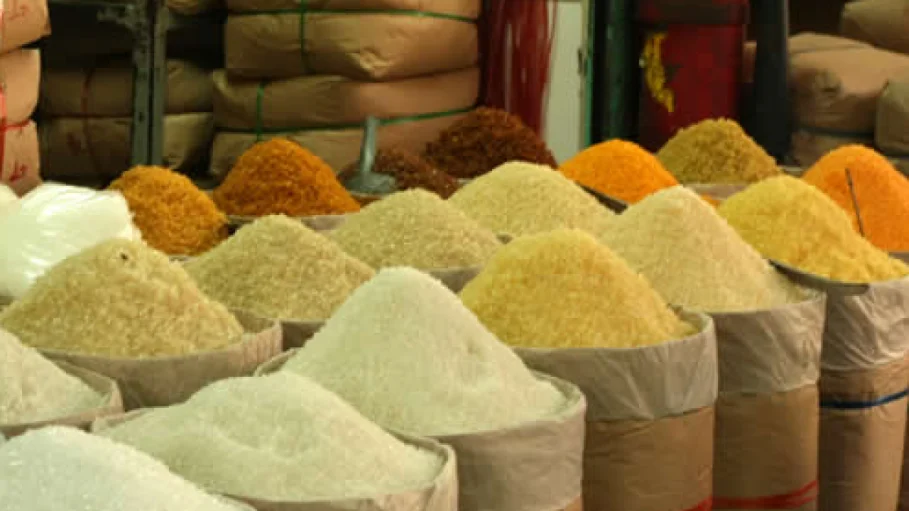
Garri Rises By 29.63% In 1 Week
Prime Business Africa survey of markets and retail shops in Lagos revealed that garri, a popular Nigerian staple food, has witnessed another price surge in the last one week. A five litre paint bucket used in measuring the commodity has increased by 29.63 per cent to ₦3,500 from ₦2,700 it was sold last week.
Prime Business Africa had reported last month that the price of this staple food made from cassava, rose by 200 per cent in the last three months from N800 in January to about ₦2,500. The cost of a 100kg bag of garri has jumped from N35,000 to N40,000.
“This latest increase in cost of garri is really worrisome as it is a popular food people in many parts of the country love to eat and even drink. The same thing other foods like rice and beans, I pray that we survive this difficult time,” Margaret Ideh, a mother of five, who visited Mushin market on Saturday to buy food items lamented.
READ ALSO: Nigeria: Why Inflation Keeps Rising
Yam, Beans, Potatoes, Spaghetti, Noodles, others on the increase
The price of a large size tuber of yam has increased from ₦1,600 to between ₦2,500 and ₦3,000, while a medium-sized one is now sold at between ₦1,200 and ₦2,200. a small size tuber sells between ₦800 and ₦1,000.
A 100kg bag of beans depending on the type, sells between ₦45,000 and ₦65,000, while a five litre paint bucket goes for N5,000.
A 50kg bag of local rice is round ₦60,000 to N66,000, while foreign of the same size is around ₦73,000 to ₦75,000.
A big basket of Irish potatoes has moved from ₦41,000 to ₦46,000, while a big of sweet potatoes has increased from ₦34,500 to ₦40,000.
A pack of 500g Spaghetti that used to be sold at ₦500 six months ago has jumped to ₦900 (80 per cent increase) while a carton now goes for ₦16,000.
Noodles is also not left out in the price surge. A carton of 70g Indomie Noodles (40 pieces) is now sold at ₦7,500, a carton of 120g also containing 40 pieces is between ₦10,500 and ₦11,000, while Super pack goes for between ₦17,500 and ₦18,000.
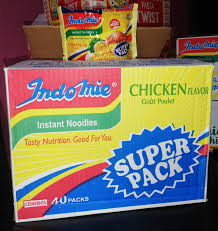
A big basket of tomatoes goes for between ₦35,000 and ₦40,000.
A food vendor at Mushin Market, Maria Chigbo said “prices of food items have remained high because of transport, costs. We pay heavily to transporters moving food items from states where they are produced to us. They buy petrol at high price now coupled with vehicle maintenance which is now very expensive because of high cost of spare parts.”
“All the costs are calculated and added to the selling price otherwise we won’t be able to but market sell in future,” she added.
Chief Executive Officer of the Centre for the Promotion of Private Enterprise (CPPE), Dr Muda Yusuf said prices cannot drop over night, adding that wholesalers and retailers who bought goods at higher prices need to sell of the old stock first before to avoid losses.
Yusuf pointed out that price reduction can only be expected in some months to come if the naira sustains appreciation because manufacturers who engage in importation of raw materials, usually have in the next 90 days cycle or even more for their imports.
“FX just started dropping and it would be a while before we start feeling the impact. There are some essential products that the government can directly engage the manufacturers on reducing prices, in addition to waiting for the market to adjust on its own,” he stated.
He said the government can step in and engage with the producers and major distributors to see how the prices can be brought down to a manageable level.
Victor Ezeja is a passionate journalist with seven years of experience writing on economy, politics and energy. He holds a Master's degree in Mass Communication.

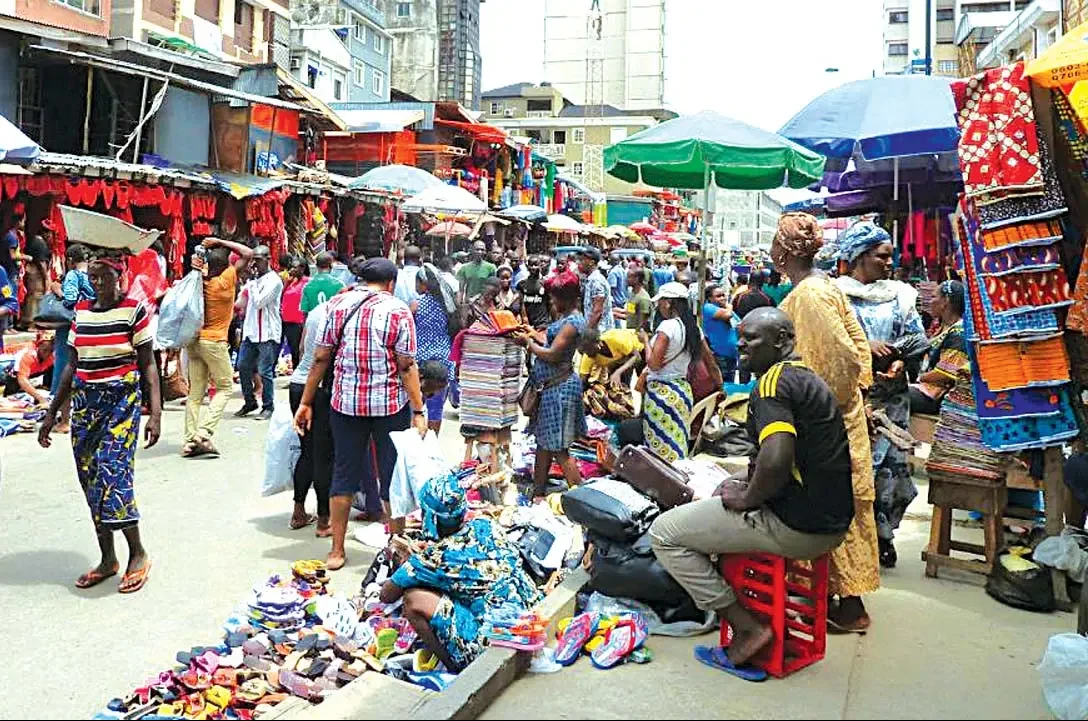














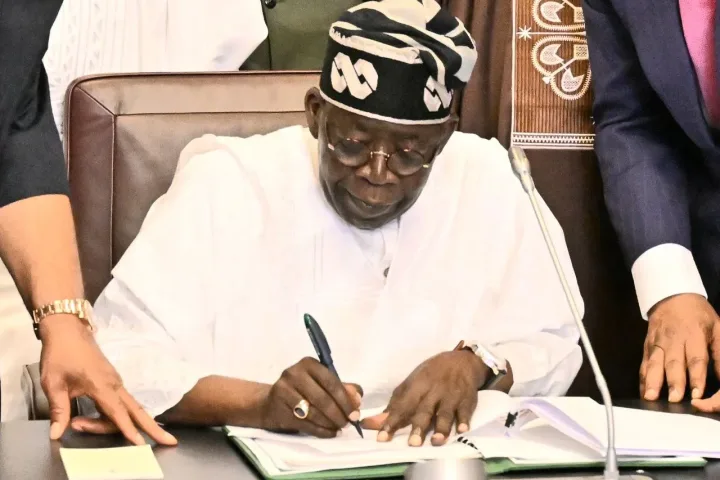

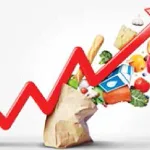
Follow Us